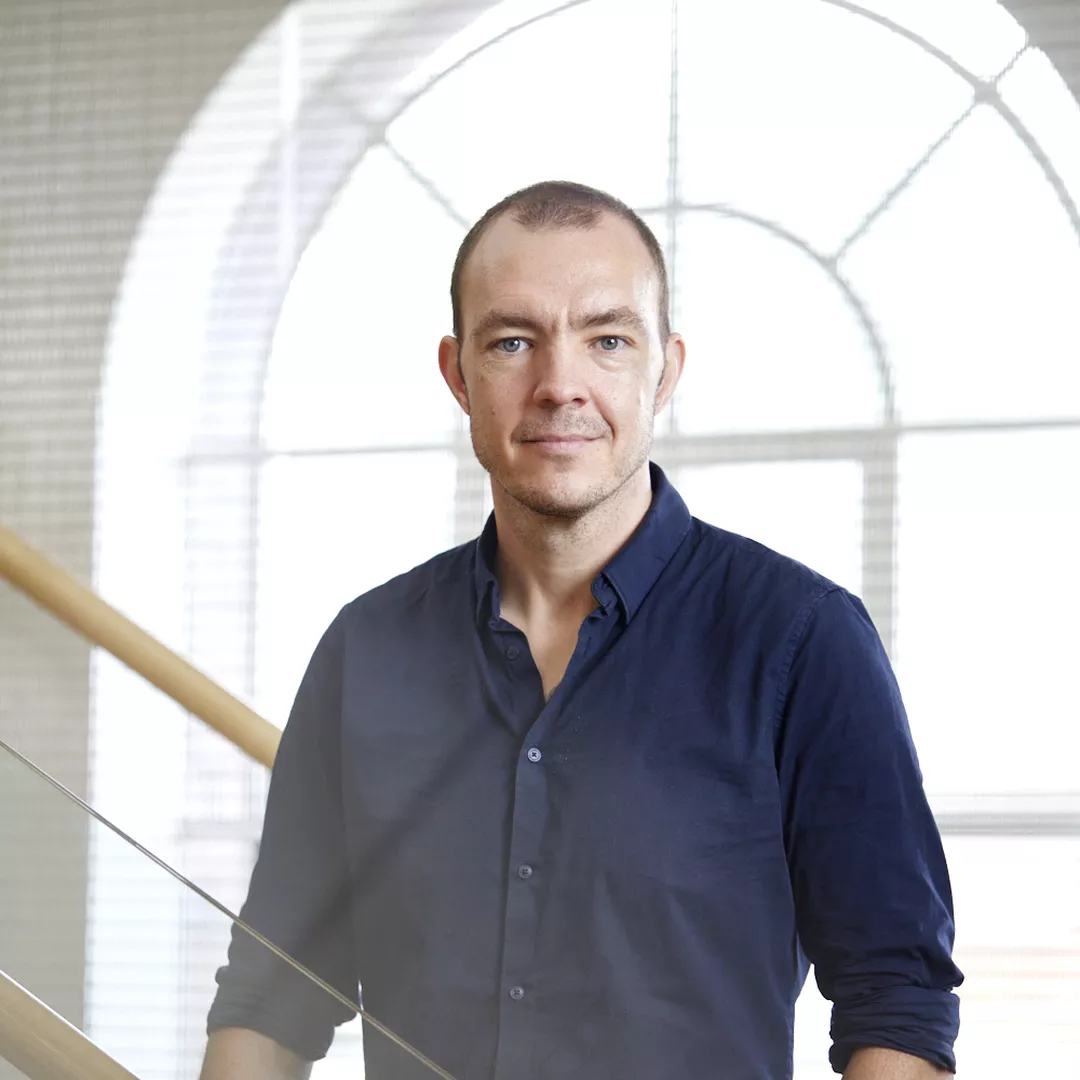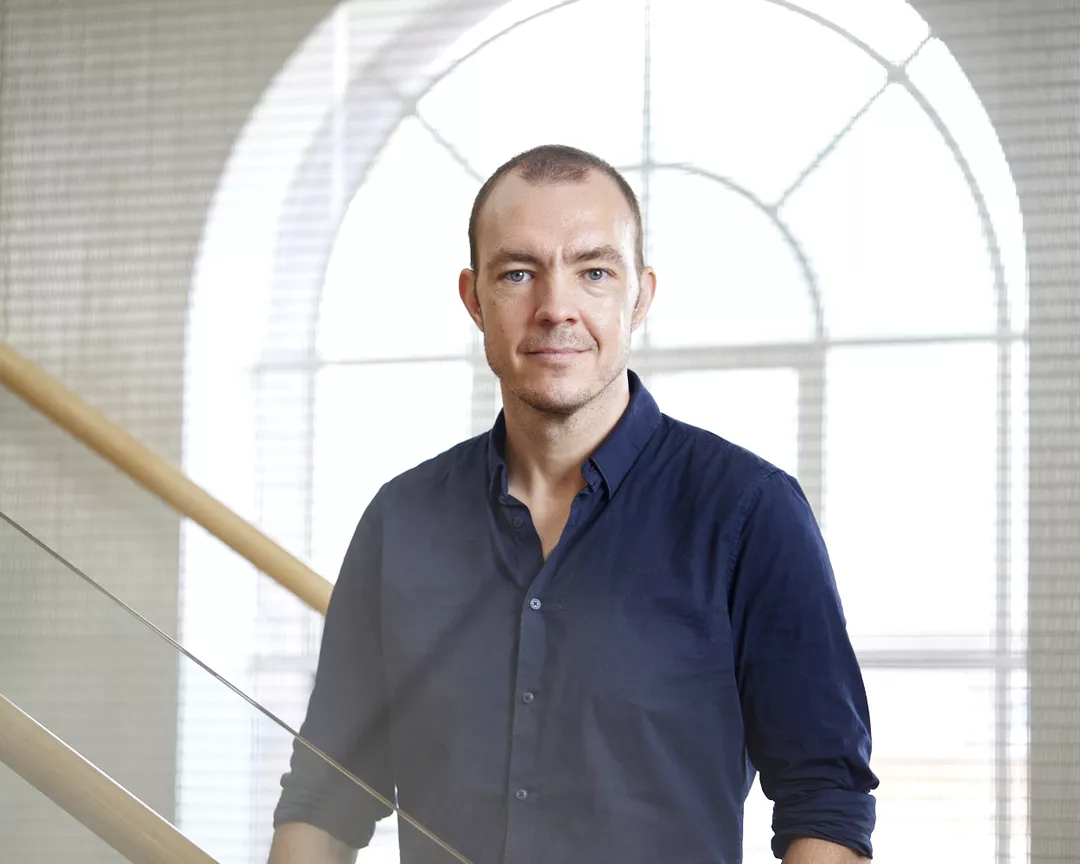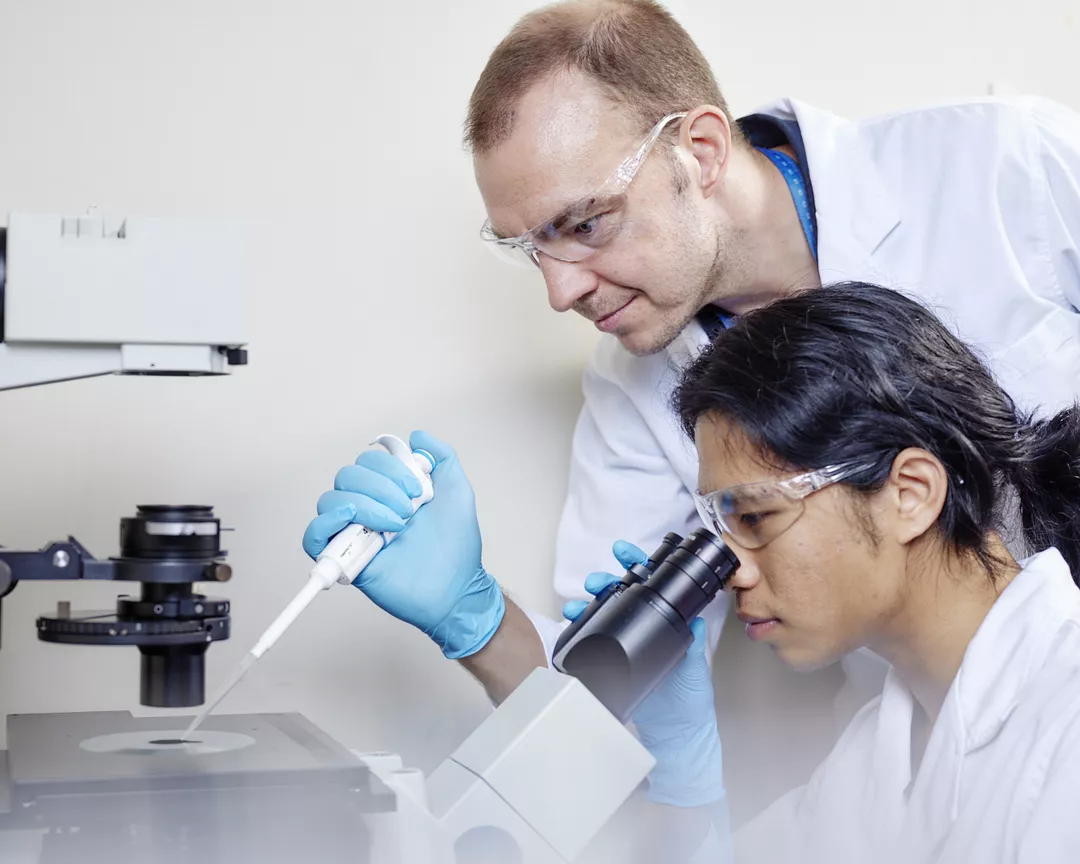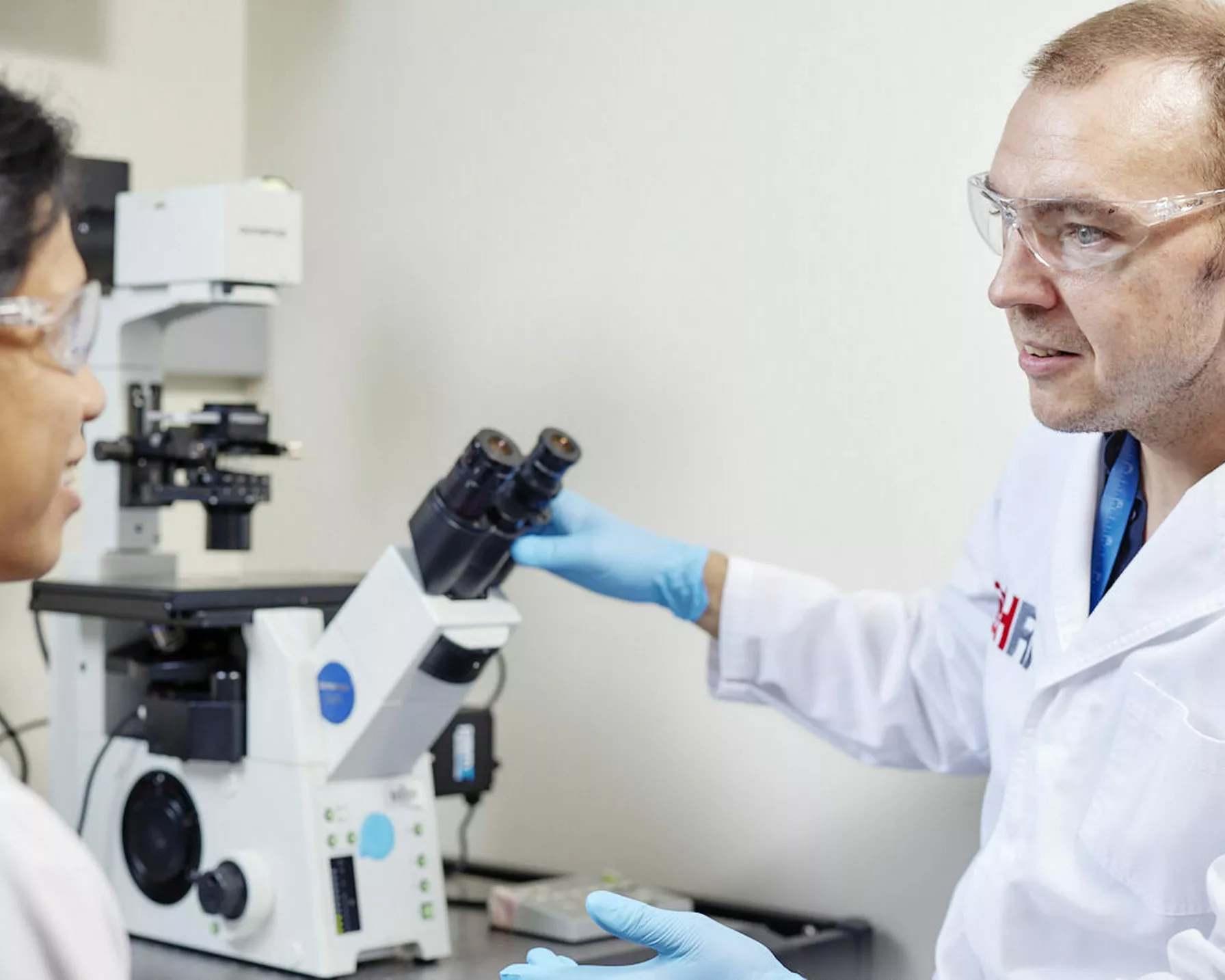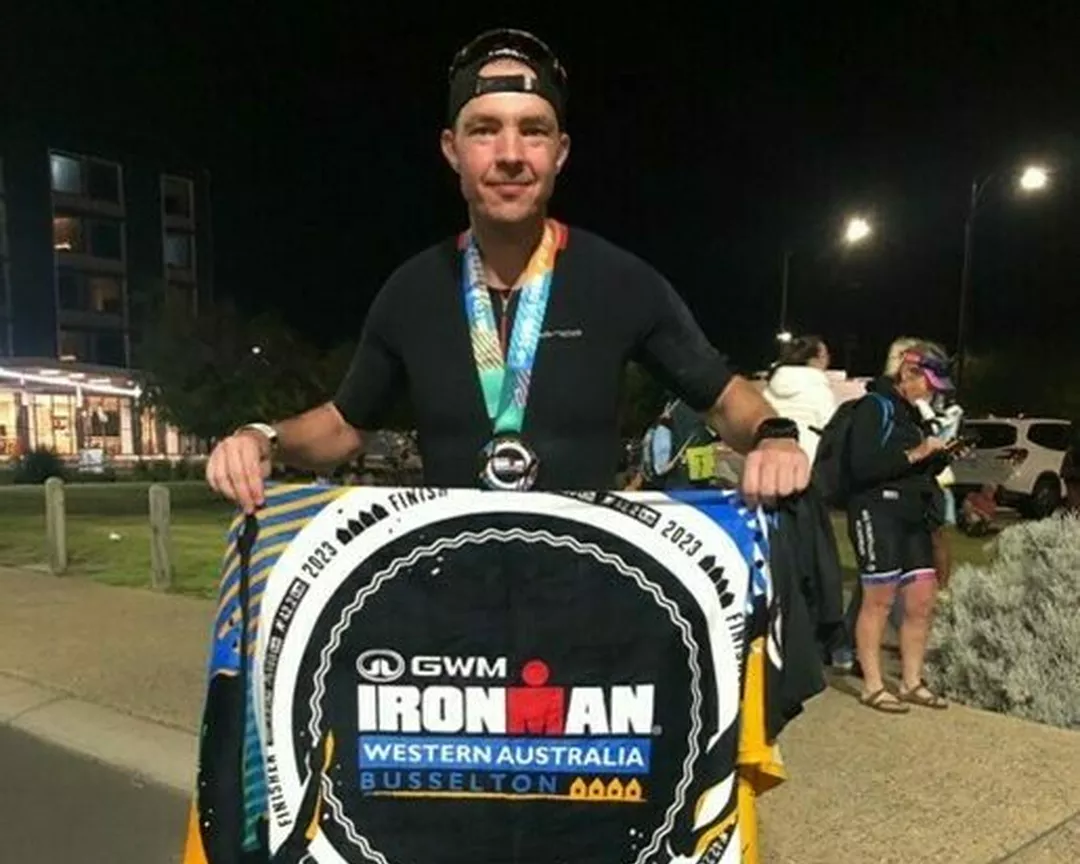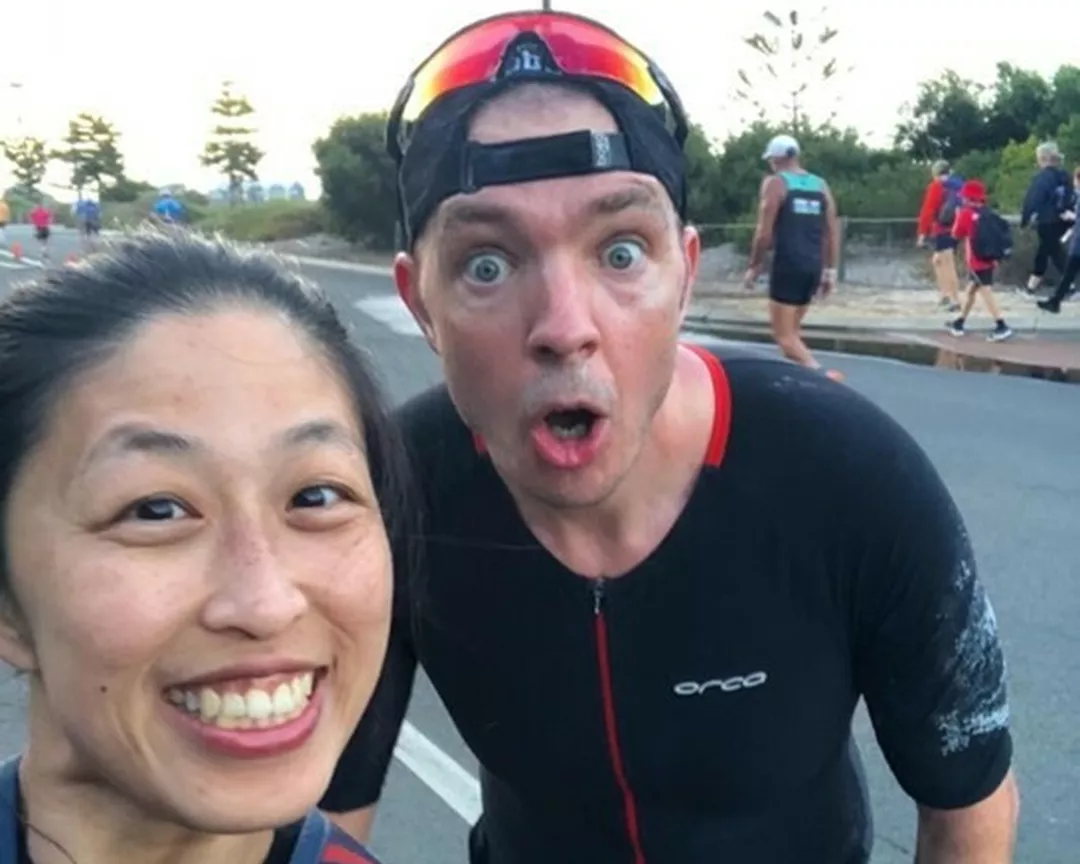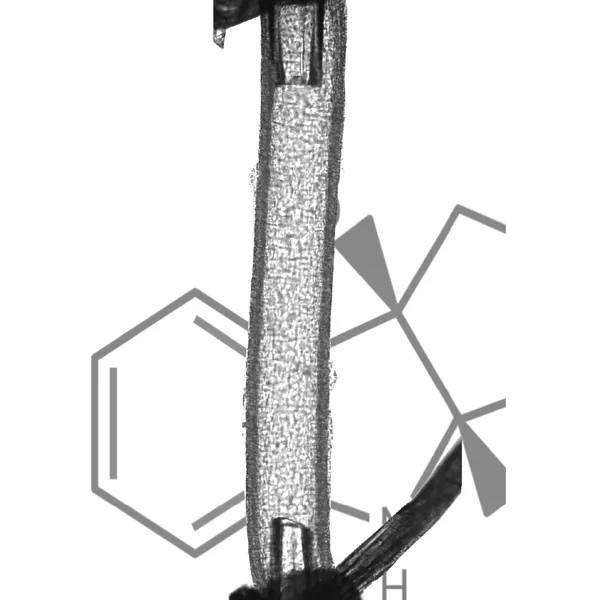
And while funding remains an ever-present challenge, Chris has been fortunate to secure many prestigious grants recently, including a 2023 NHMRC Ideas grant, NSW Health state funding and a Ramaciotti Health grant. Again being awarded The Derek Heart Memorial Award for Best Grant Submission in the state.
Outside of the lab, Chris is a dedicated athlete and ironman and recently married another cardiovascular researcher, Stef, who he met while working at VCCRI.
For Chris, understanding the human body and how it performs during sport has always been at the forefront of his mind when competing.
“I am not one of those people who can do something I’m not passionate about,” he explains. “If I do something, I like to take it as far as I possibly can. The body is a fascinating machine its ability to endure, and paradoxically its disease susceptibility is one of life’s great puzzles."
Chris's journey, from a curious child in Yorkshire to a leading researcher, reflects his relentless pursuit of knowledge.
“I’ve always planned as much as I can, but I follow my heart and gut,” he says. “I love working at HRI, where I feel incredibly supported by management and my colleagues.”
He emphasises the importance of collaboration and inspiration from fellow researchers.
“The cardiovascular system is fascinating and the driving force of everything we do,” he says. “It’s a privilege to study this system and build on the work of the great cardiovascular pioneers that have gone before me, including William Harvey and Robert Furchgott.
“To summarise what motivates me, William Harvey put it best, and his quote is written on the wall in my lab as a constant reminder to me and my staff, 'All we know is infinitely less than all that remains unknown’.
